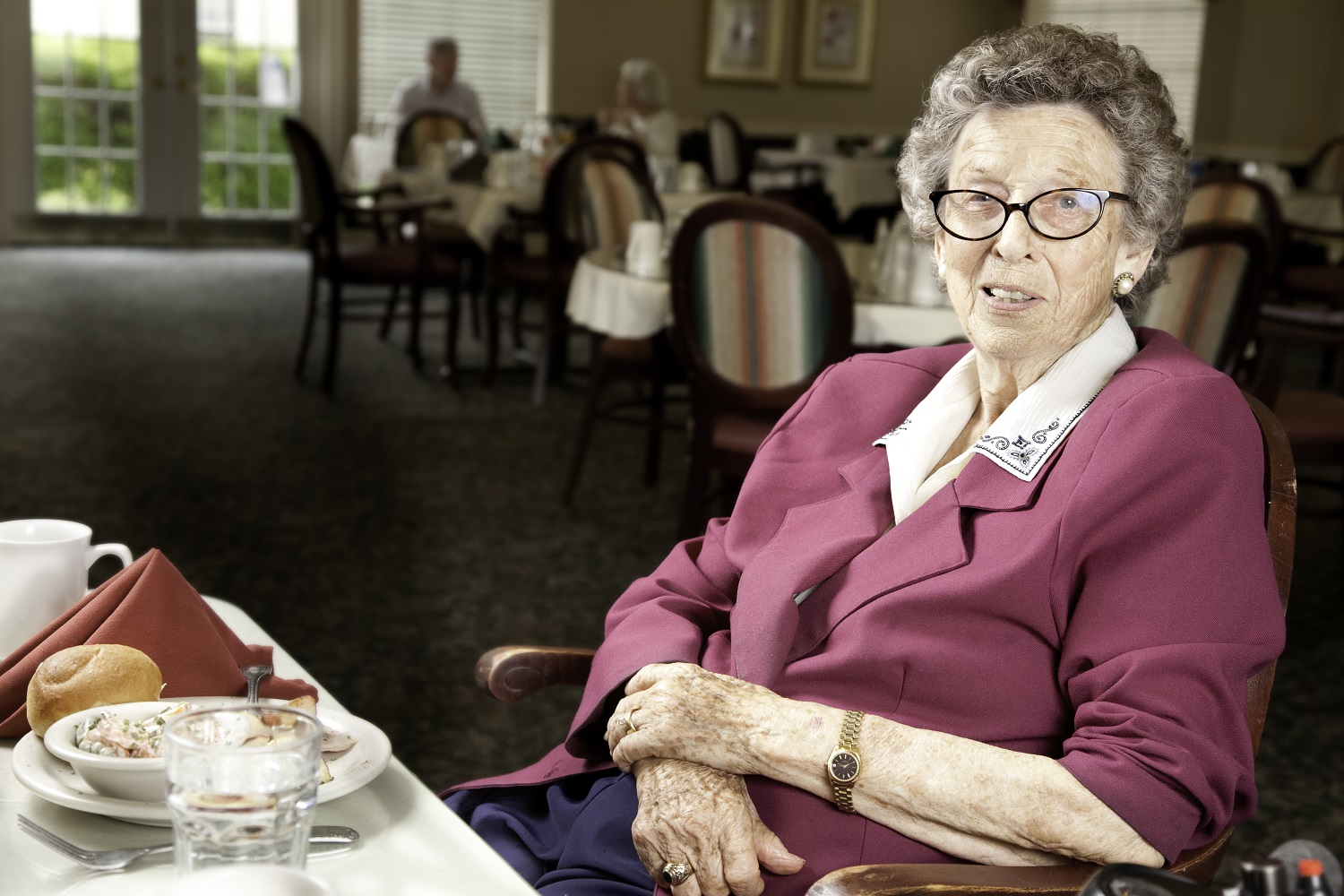
Residential aged care homes could be failing to accurately measure residents’ satisfaction with meals and menu changes, according to new research by the Flinders Caring Futures Institute.
Aged care facilities may be collecting data that is unreliable, meaning some facilities are unaware of their residents’ dissatisfaction with their meals and food service.
The recent study by Flinders PhD candidate Morgan Pankhurst, Dr Alison Yaxley and Professor Michelle Miller undertook a review of more than 500 studies into aged care food service questionnaires to determine if aged care facilities have the tools they need to measure change and quality improvement.
Only seven food service satisfaction questionnaires were identified to adequately explore aspects related to food service. However, most of the seven still had flaws in the validity of the questionnaire content and sample size.
None of the questionnaires adequately measured family satisfaction with the food and dining experiences of their loved ones.
Morgan, who is also an Associate Lecturer in Nutrition and Dietetics at Flinders University, says this provides a unique snapshot of where the current research gaps lie and what must be done to inform future research.
“This review demonstrates that none of the questionnaires available to nursing homes are meeting quality criteria. This means that nursing homes might be unaware of where their residents are dissatisfied with their meals.
“They also can’t tell whether changes in the system are causing an increase or decrease in food service satisfaction.”

The research team have developed one solution. The research publication highlights a food service satisfaction developed by Professor Miller and colleagues to measure food service satisfaction among food service staff such as cooks and chefs.
Factors important to food service satisfaction include the flavour, presentation, and temperature of meals.
Residential aged care facilities collect satisfaction information for many reasons including accreditation, marketing, benchmarking, and quality improvement.
Questionnaires are powerful quality improvement tools and can be an economical and easy way of measuring food service satisfaction among the stakeholders.
The recent study, published in the Journal of the Academy of Nutrition and Dietetics, also found that all questionnaires for resident use were outdated and don’t reflect the shift in aged care towards a person-centred model.
Morgan says this highlights the need for further research in the area to increase the robustness of existing questionnaires and to develop new ones that fill current gaps.
“Our population is ageing, globally and I’m passionate about improving the quality of food in aged care and giving residents a quality dining experience,” she says.
“Residents are spending the last years of their lives in aged care homes and those years should be filled with good food and quality dining experiences.”
Morgan Pankhurst, Alison Yaxley, Michelle Miller, Identification and Critical Appraisal of Food Service Satisfaction Questionnaires for Use in Nursing Homes: A Systematic Review, Journal of the Academy of Nutrition and Dietetics, 2021, ISSN 2212-2672, https://doi.org/10.1016/j.jand.2021.05.017.

